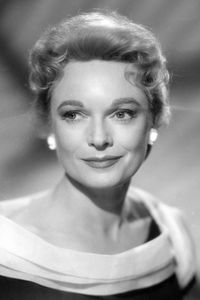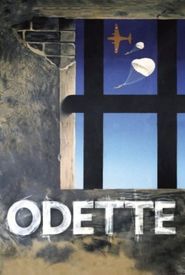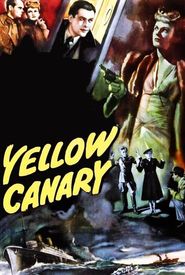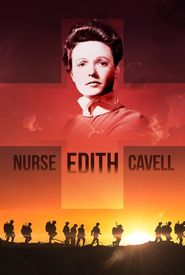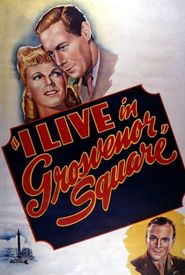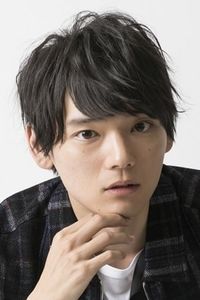Dame Anna Neagle, the captivating and endearing British star of World War II, was born Florence Marjorie Robertson and began her professional dancing career in chorus lines at the tender age of 14. She made her mark on the West End stage alongside actor Jack Buchanan in the musical "Stand Up and Sing," which caught the attention of producer/director Herbert Wilcox. Wilcox, who had initially intended to cast Buchanan in an upcoming film, was instead smitten with Anna and decided to cast her as well, marking the beginning of one of the most enduring and successful partnerships in British cinema.
Under Wilcox's guidance, Anna became one of the biggest and brightest celebrities of her time, despite being considered an actress of limited abilities. Her lovely presence and captivating on-screen charm made her a box-office sensation for nearly two decades. She brought glamour and sophistication to war-torn London audiences, and her lightweight musicals, comedies, and historical dramas provided a welcome escape from the harsh realities of war.
Anna portrayed a range of ladylike heroines, including nurses Edith Cavell and Florence Nightingale, flyer Amy Johnson, and undercover spy Odette. She also brought to life historical figures such as Nell Gwyn and Queen Victoria. Her filmography includes a number of frothy post-war retreads co-starring Michael Wilding, which may have received lukewarm reviews from critics but were devoured by audiences. These films include "They Met at Midnight" (1946),"Katy's Love Affair" (1947),"Spring in Park Lane" (1948),and "The Lady with a Lamp" (1951).
Anna attempted to expand her fame to Hollywood, appearing in three musicals in the early 1940s, but ultimately failed to make a lasting impact. Her appeal began to wane in the late 1950s, and she eventually retired from the screen after producing a few film efforts.
However, Anna returned to her theatrical roots, which culminated in the long-running production "Charlie Girl" in 1965, which she performed in for nearly six years. In 1969, she was honored with the title of Dame of the British Empire for her contributions to the theatre. After her husband's death in 1977, Anna continued to perform, despite developing Parkinson's disease in her later years. She passed away in 1986 due to complications from the disease.
